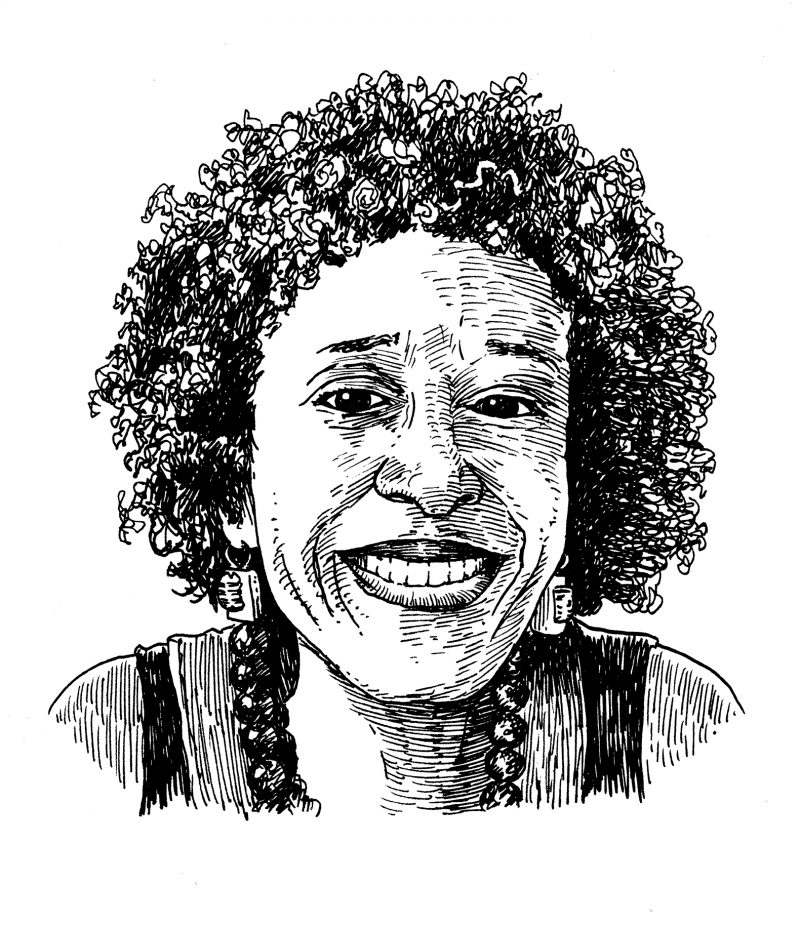You know nothing of all the “We’s” that will attend you at your birth. They will have their way with each and every “ I” you coax into being.
The time: fall 1961.
The place: A progressive, largely white public school.
We, the students of Audrey Borth’s sophomore English class, are being ardently well educated, studying great and good British and American writers, being readied for initiation into an adult We of critics, scholars, and uncommon common readers. This year we will read essays—comely yet challenging essays—by E. M. Forster, George Orwell, and James Baldwin.
A smaller We, Baldwin and I, have privileged relations. We are both Negroes; we are both intellectual; he is a serious, famous artist; I long to be seriously artistic and famous. I am at an advantage in this class, as I was not when we read Mark Twain as freshmen.
My mother stocked our library with classics. I read Tom Sawyer and Huck Finn in childhood, moved listlessly on to Kidnapped and Treasure Island, then left them, unfinished, to an older sister who proclaimed herself the hero of every adventure and doubled as the smarter villains, too.
I was a jealous little she-reader; I resented pouring myself into the lives of hero-boys.
I did my duty in the classroom, for I was a good student. But Huck was not of my ilk. Cheeky, scene-stealing, Southern white-trash antebellum boy. And what was to be done with Nigger Jim, that man-by-stealth slave, discharging his duties as boy-playmate? He was an object lesson in slavery’s wrongs. How could he be an imaginative companion for me, daughter of We, the Negro elite, who never stopped asking aggrieved rhetorical questions like “Why is it always the Nigger Jims who show up in Mark Twain’s fiction? Why couldn’t he base a character on Warner Thornton McGuinn, one of the first Negro graduates of Yale Law School?” Twain actually met McGuinn and was so impressed he offered him financial aid the same year he published The Adventures of Huckleberry Finn.
We are not what They want to see in their books and movies. Our We is too much like Theirs.
But now, here we are, white and black students both, reading The Negro James Baldwin. And here I am at home, upstairs by myself, reading him and preparing for class. What do my white friends think as they read, what will we say in class tomorrow, what measure of engaged detachment will I bring to our and their discussion? I pick up the book and turn to the assigned essay. Notes of a Native Son, by James Baldwin. “Many Thousands Gone.”
The...
You have reached your article limit
Sign up for a digital subscription and continue reading all new issues, plus our entire archives, for just $1.50/month.
Already a subscriber? Sign in





